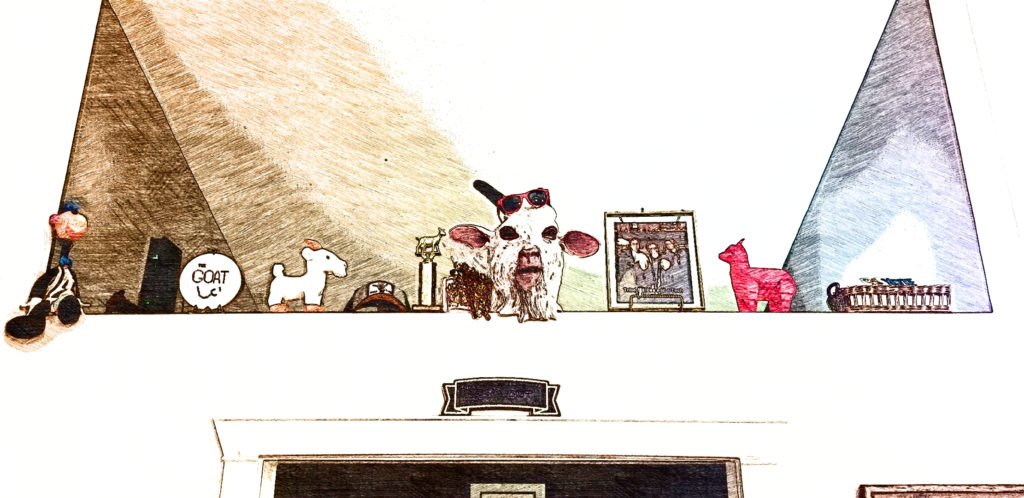
I called you Maddy for a long time. Then, one night as I was going to credit you with a post, I asked you first and asked how you wanted to be described. You said that you preferred Madison. It dawned on me that you might not have liked the nick name, so I quit using it.
But I never explained why I had used the nick name, in the first place.
I was a disappointment to my mom for 2 reasons. I had dyslexia and couldn’t spell for the life of me and I couldn’t remember a person’s name 5 minutes after meeting them. Mom discovered the later when I was in the 4th grade and my teacher wanted to hold me back because she thought that I was retarded. Mom, being an elementary school teacher sat me down one day and had me read to her. She figured out what the problem was and went to war on my behalf with the school system. The school system wasn’t as “dyslexic” aware in the 1950’s as it is today. But with her fighting the system and Dad beating my but, I made it through school without being held back. Not necessarily with stellar performance, though.
I never overcame the name remembering thing, though. Somewhere along the line, I discovered using a relationship trick helped get me through college and medical school. It’s called associative learning.1
In pharmacology in medical school, we were studying belladona alkyloids, or anticholinergic toxicity. The signs of belladona overdose were presented in Lewis Carrol’s “The Adventures of Alice in Wonderland”3 by the little ditty/mnemonic, “red as a beet, dry as a bone, blind as a bat, mad as a hatter, hot as a hare, and full as a flask.” This, of course, refers to the symptoms of flushing, dry skin and mucous membranes, mydriasis with loss of accommodation, altered mental status, fever, and urinary retention, respectively.2
So, Madison became Maddy, mad as a hatter, to help me remember the name. Not as a derogatory reference to Madison’s mental status at all.
From your grumpy Uncle Dave.
- Associative learning and the hippocampus. Wendy A. Suzuki. February 2005. American Psychological Association. Retrieved July 13, 2022 from https://www.apa.org/science/about/psa/2005/02/suzuki
- What are common signs and symptoms of anticholinergic toxicity? Mityanand Ramnarine, MD, FACEP. Medscape. Retrieved July 13, 2022 from https://www.medscape.com/answers/812644-79028/what-are-common-signs-and-symptoms-of-anticholinergic-toxicity
- Lewis Carroll. Wikipedia contributors. Wikipedia, The Free Encyclopedia. 6 Jul. 2022. Retrieved 13 Jul. 2022 from https://en.wikipedia.org/wiki/Lewis_Carroll